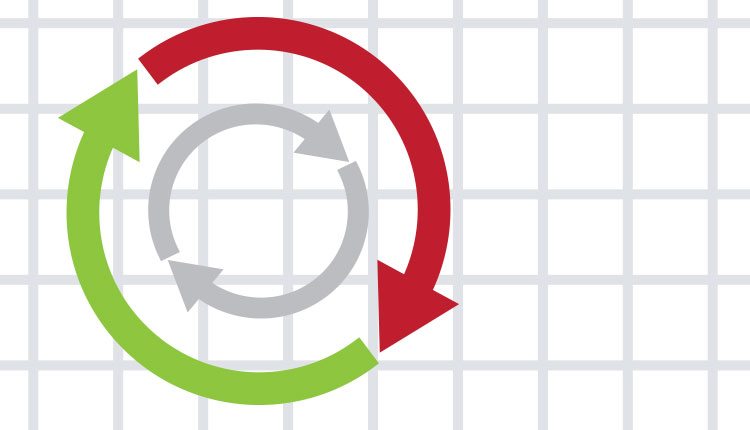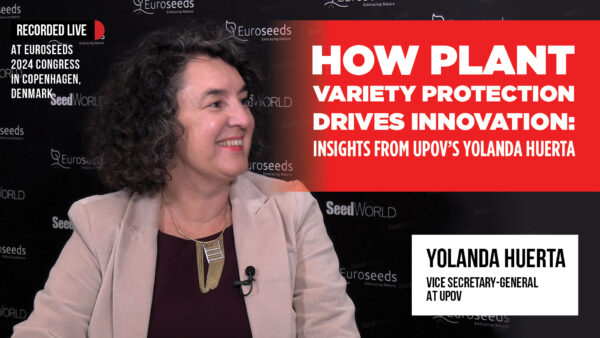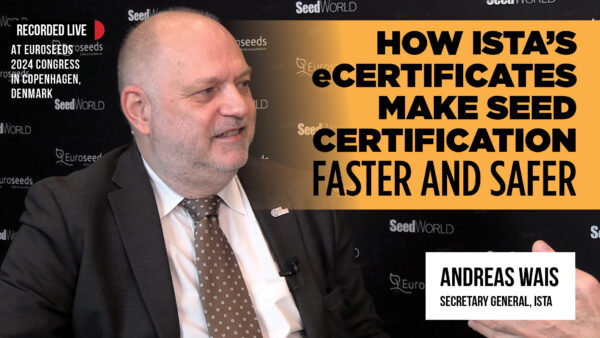A new report by the Ag Industries Confederation in the United Kingdom maintains flawed policymaking and increased restrictions on farmers are among the factors keeping British agriculture from meeting its full potential.
The trade body for Britain’s agricultural supply industry, known as Ag Industries Confederation (AIC), assessed the risks and opportunities to farming in the United Kingdom. The study found that single-issue policy-making within the UK and Europe is reducing Britain’s ability to achieve its objective of “producing more from less.”
Titled “Food Supply in the Balance,” the reports shows an imbalance between opportunities and threats in British agriculture that in economic terms could be as much as $5.9 billion.
The AIC calls on policymakers to address this imbalance by working with industry to develop adequate modeling that ensures the cumulative effects of regulation are taken into account and are based on sound data.
Conducted during the past two years, the study investigated the organization’s assertion that policy decisions were being made without an understanding of the cumulative effects. Independent business analysts from the Anderson Centre were commissioned to develop a way to investigate the cumulative effects of the opportunities and threats.
According to AIC, the research drew on experts from dozens of academic, commercial and trade organizations to identify the major opportunities and threats to UK farm output over the next 15 years, which ranged from animal disease and environmental controls to market volatility. The report identified 10 key threats, including six that arise from increased regulation.
Looking at the wheat sector, analysts identified opportunities as new technology and advanced genetics and threats as reduced pesticide availability, resistant weeds and limits to fertilizer efficiency.
The study estimated that Britain’s wheat production might meet only half of its full potential between now and 2030, if cumulatively the UK agricultural industry bears all the consequences of the threats without benefiting from any of the opportunities offered by new technology.
“Given that the threats far outweigh the opportunities in this study, we believe that our estimates are very conservative,” says David Caffall, AIC chief executive. “These indicative numbers support the initial concern of the AIC board. They make it clear that there is a need for the whole industry to take the challenges discovered in this report seriously.”
From Theory to Practice
Yorkshire farmer Paul Temple says the study underscores a fundamental problem facing producers following the European Commission’s ban on three types of neonicotinoid insecticides in 2013. “When the European Union banned farmers from using an important pesticide a year and a half ago, it confirmed the law of unintended consequences,” he says. “As a result, I’m applying more pesticides with less efficiency or precision. That’s bad for the environment, increases cost and puts food supply at risk.
“This is what happens when regulators make decisions based on the emotional need to ‘do something’ rather than on what science tells us.”
Temple, who chaired two workshops that contributed to the AIC report, says: “Farming has and will rise to the challenge of producing safe and affordable food; however, that success has created inexpensive food, whose production is neither understood, nor properly valued. Modifying methods of production by banning products without the benefit of science and through thoughtless regulation upsets a delicate balance of supply on a large scale.
“That’s the power behind the new AIC report; the economic modeling behind the figures have a robustness that hasn’t been put into practice before and properly show the serious consequence of policymakers getting it wrong. A reliable food supply and a healthy environment require the same things: an economically sustainable farm business and the proper engagement of good science. … Too many of our regulations are threats to both.”












